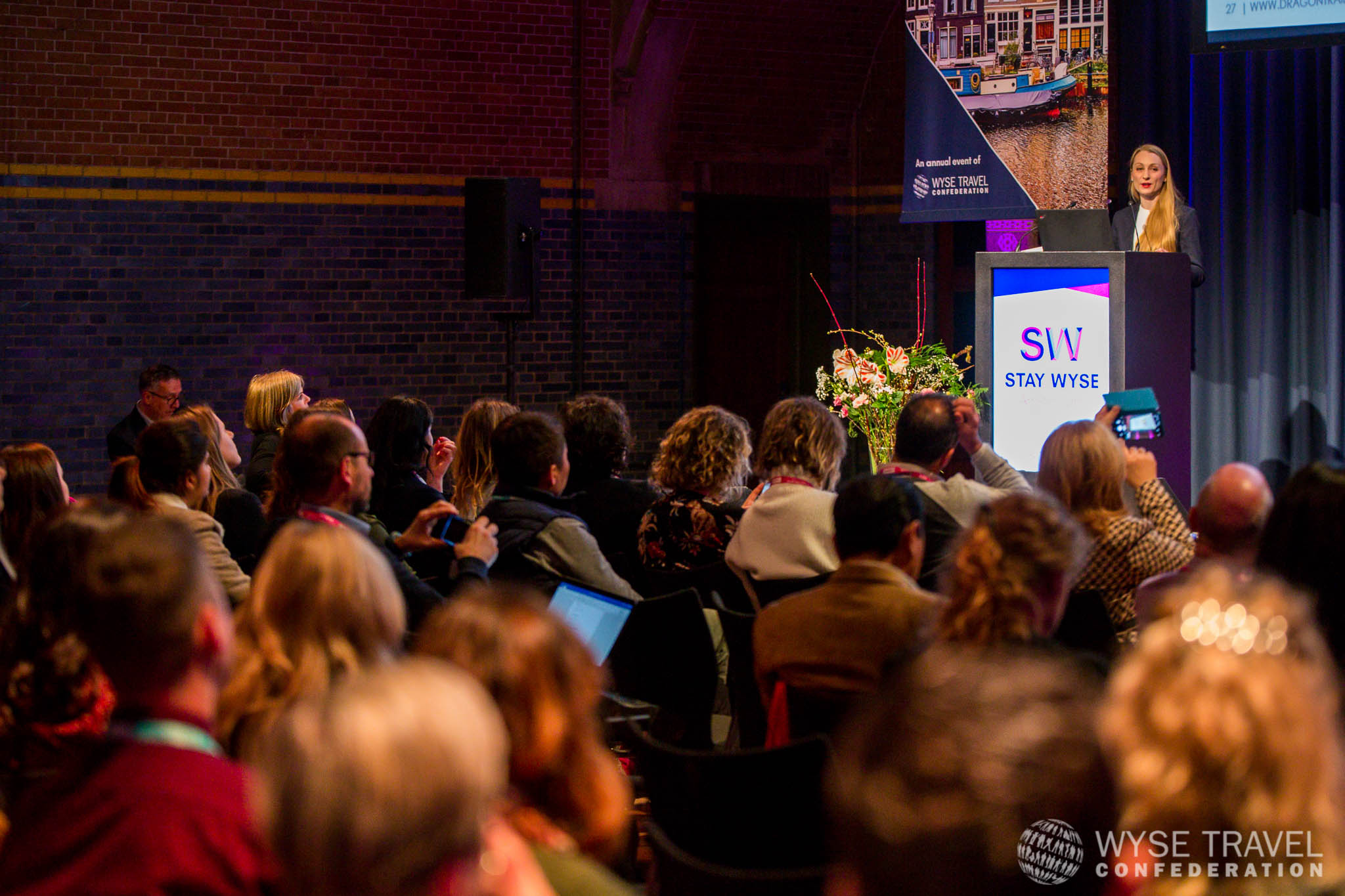Winning China’s youth travellers
Visitors from China take over 168 million trips per year and this figure is growing, making youth travellers from China more important than ever. At the STAY WYSE Hostel Business Conference in Amsterdam, Sienna Parulis-Cook of Dragon Trail Interactive, a digital marketing agency specialised in the outbound travel market of China, took to the stage to share insights on this outbound market, as well as a timely update on the Coronavirus outbreak, related travel restrictions, and the anticipated impact of these restrictions on travel businesses.
When it comes to understanding China’s youth travel market the categorisations used in the western world are not one-size-fits-all. When discussing Millennials and Gen Z in the west, post-80s and -90s cohorts are the terms used.
“Data up until 2018 indicate that Chinese travellers born in the 80s make up the largest generational segment and are the biggest spenders,” said Parulis-Cook.
At the same time, the fastest growing group of travellers from China is the youngest. Furthermore, first-time Chinese travellers are becoming younger over time, with those born after 1995 taking their first international trip at the age of 18 compared to the post-80s generation who started travelling at the age of 26. Study opportunities, accessible travel and parental support contribute heavily to the mobility of the post-95 generation -all very good reasons for hostels and other youth travel accommodation providers to better understand the specific motivations of these young travellers.

Good locations, opportunities to connect with the community, and photo friendly spaces were mentioned as important drivers in accommodation choice for young travellers from China. Famous locations such as the Spice Girl bus on Isle of Wight and the Mushroom Dome in California are popular with Chinese travellers born post-90s. Indulging while travelling was noted as particularly characteristic for post-80s travellers from China. Extra comfort and amenities options, as well as local specialty products such as cosmetics or craft beer and experiences were noted as practical services that accommodation providers should consider offering.
Social media specific to China is another topic where the western platforms and patterns don’t necessarily apply to their eastern counterparts. The top three platforms in China were cited as Weibo, WeChat, and Douyin whereas in the US, UK, and Australia Instagram, Facebook, and YouTube reign. WeChat is used by 85% of those aged 18 to 35 living in China and is where accommodation providers will find their target audience. Video content is also growing, Douyin, China’s answer to video micro-blogging platform TikTok is seeing 72% of people born after 1995 open the app each day.
Want to learn more? Download a copy of Sienna’s presentation Winning China’s young travellers and register for our upcoming webinar, Breaking the millennial travel myth.
Join WYSE Travel Confederation
If you’d like to join WYSE Travel Confederation and benefit from new connections, free access to industry research, informative webinar sessions, discounts on industry events and brand exposure within the youth and student travel industry, click below to view our membership options and find out more.
